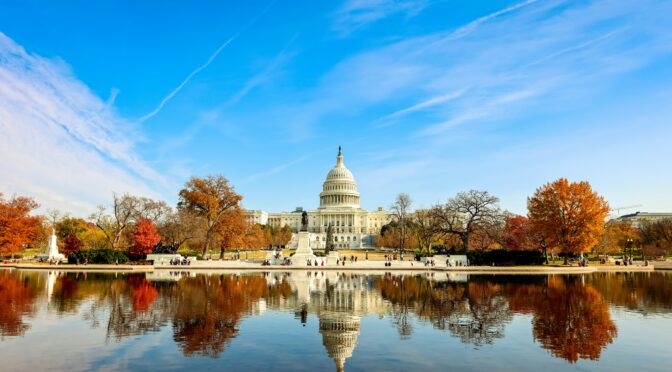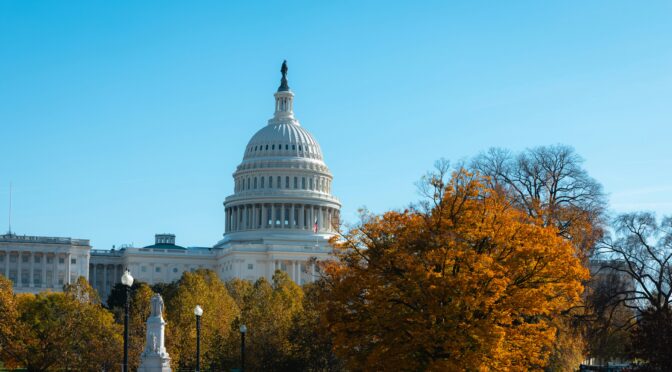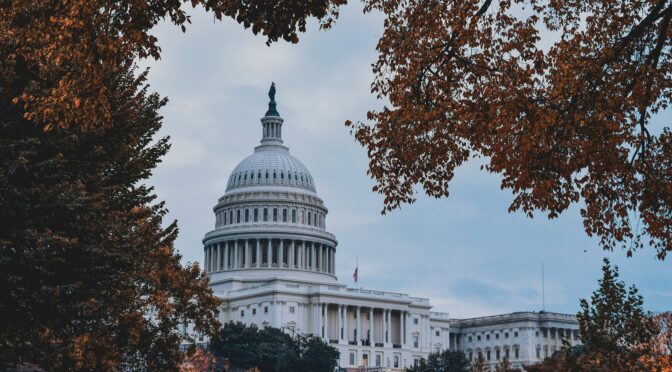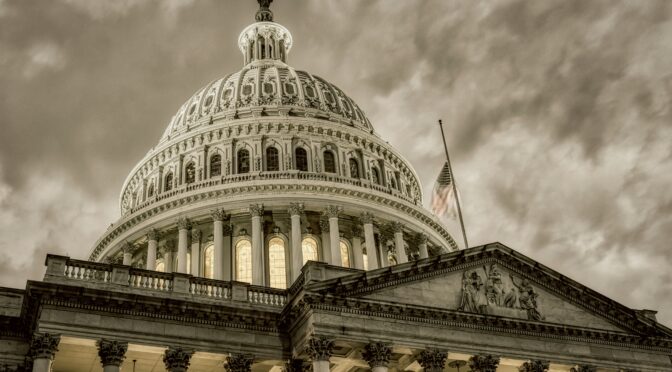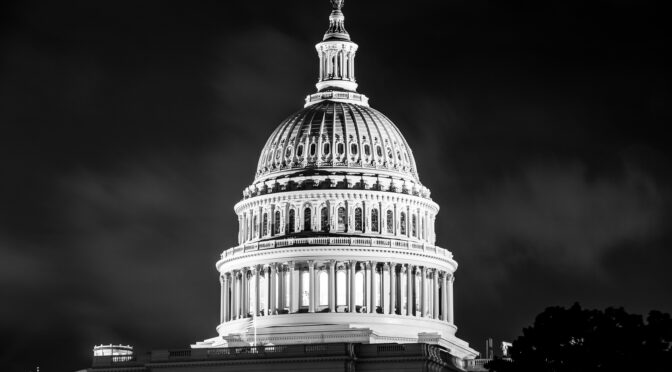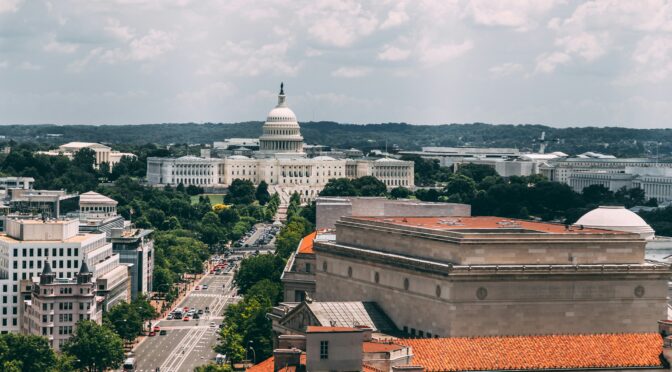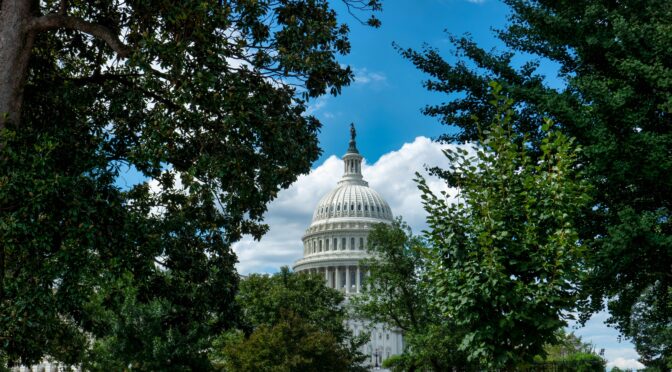By Sean Robins, NACAC’s director of advocacy
Welcome to this issue of the Advocacy Update on NACAC’s Admitted blog. With the federal shutdown now the longest in U.S. history, its impact on education is becoming increasingly visible — from disruptions in food assistance to weakened civil rights protections. Each development underscores the need for steadfast advocacy to ensure students remain at the center of policy decisions. NACAC continues to monitor these challenges closely and advocate for equitable access, institutional integrity, and support for those most affected.
Policy & Legislative Updates
As the federal government shutdown stretches into its second month, schools and families are facing mounting challenges. SNAP funding lapsed on Nov. 1, nearly 40 percent of recipients are children and at risk of losing access to critical food support. While USDA has temporarily extended school meal funding, delays in reimbursements and potential disruptions to Head Start programs are raising serious concerns about rising food insecurity and instability for students and families. Efforts by states, schools, and organizations like the Hope Center for Student Basic Needs are helping to fill gaps, but millions remain vulnerable, especially as partial SNAP payments have only just begun and are insufficient to meet basic needs.
The shutdown itself is now the longest in U.S. history, now exceeding 38 days, with no immediate end in sight. Congressional negotiations have made only slow progress. The House remains out of session, and Senate Republicans continue to resist Trump’s push to eliminate the filibuster to force passage of a stopgap funding bill. While bipartisan talks are ongoing, lawmakers are grappling with disagreements over full-year appropriations, temporary funding measures, and expiring health care subsidies under the Affordable Care Act. The economic and human toll is escalating, with costs already surpassing $7 billion in lost GDP and projected to reach $14 billion if the impasse continues past eight weeks. At the same time, previously promised back pay for furloughed federal workers has been rescinded, adding to economic uncertainty for hundreds of thousands of employees.
Amid these disruptions, students and families face additional challenges. Mixed-status families are increasingly hesitant to complete the FAFSA due to fears that personal information could be used for immigration enforcement, despite legal protections. The National College Attainment Network (NCAN) has issued new guidance addressing concerns from mixed-status families completing the FAFSA.
The Trump administration’s proposed rule barring employees of organizations supporting migrants or trans youth from Public Service Loan Forgiveness has sparked legal action, with advocates arguing that it politicizes a program intended to reward public service and may violate the First Amendment.
The Department of Education under Secretary Linda McMahon has also seen dramatic reductions in staff, programs, and oversight functions. While student aid remains largely intact, civil rights enforcement has been severely weakened. The Office for Civil Rights has been gutted, leaving students — particularly those facing racial harassment or disability discrimination — without federal recourse. Career staff continue to work to preserve core departmental functions, but the agency’s capacity to ensure accountability and equity has been markedly diminished.
Meanwhile, the administration’s decision to end longstanding initiatives like the National Blue Ribbon Schools program underscores a broader effort to shift responsibility to states, even as at least 18 states step in with their own recognition programs.
Despite these challenges, new research from the Brookings Institution reinforces that higher education remains a strong long-term investment, with degree holders earning substantially more than non-degree peers. However, rising debt burdens and gaps in affordability highlight the urgent need for policy action to support student persistence, equitable access, and smarter loan options.
Finally, political dynamics are shifting. Following Democratic wins in Virginia and New Jersey, party strategists are assessing opportunities in competitive and traditionally Republican states ahead of the 2026 mid-term elections, with attention on Senate and House races in key battlegrounds.
NACAC Advocacy
This week, NACAC continued its work to advance equitable access and uphold student protections across federal and state policy. NACAC joined the American Council on Education (ACE) and other higher education associations in urging the Department of Veterans Affairs to withdraw its proposed rule redefining “distance learning” and “independent study.” The coalition letter highlights concerns that the proposed definitions conflict with those used by the Department of Education and could expand GI Bill eligibility to unaccredited, non-degree online programs — undermining safeguards that ensure program quality and protect both students and taxpayer investments. The associations called on the VA to collaborate with Congress and the higher education community to modernize these definitions responsibly.
NACAC also joined the Presidents’ Alliance on Higher Education and Immigration and 36 other organizations in filing an amicus brief before the U.S. Court of Appeals for the Fifth Circuit in support of the Texas tuition equity law. The brief emphasizes that allowing all eligible students — regardless of immigration status — to pay in-state tuition and access state aid strengthens institutions, local economies, and state workforce needs. NACAC’s participation reaffirms the association’s commitment to expanding opportunity through higher education and ensuring that college remains a pathway to upward mobility for all students.
Ways You Can Take Action
We are continuously updating our Take Action page with opportunities to make your voice heard. If you have not already, I encourage you to advocate on the urgent issues below. You can also view all active advocacy campaigns in the yellow column of the Take Action page.
- Tell Congress: Protect FSEOG and Work-Study Funding
- Tell Congress: Save TRIO and Support College Access
- Tell Congress: Prioritize Visa Appointments for International Students and Scholars
- Urge Congress to Protect Postsecondary Pathways
- Tell Congress: International Students are Essential to America’s Safety, Economy, and Global Strength
- Tell Congress to Not Abandon Our National Commitment to Education
- Urge Congress to Protect Disabled Students
- Don’t Flunk the Future Advocacy Toolkit
As the shutdown’s effects deepen and new policy debates emerge, NACAC remains committed to advancing fairness, integrity, and opportunity across higher education. Whether defending veterans’ benefits or championing tuition equity, our advocacy continues to center the students and communities most impacted by shifting federal priorities.
In times like these, collaboration and compassion become even more essential. As Coretta Scott King reminded us, “The greatness of a community is most accurately measured by the compassionate actions of its members.”
Together, through thoughtful advocacy and shared purpose, we can ensure that compassion continues to shape the policies guiding access and opportunity for all students.



